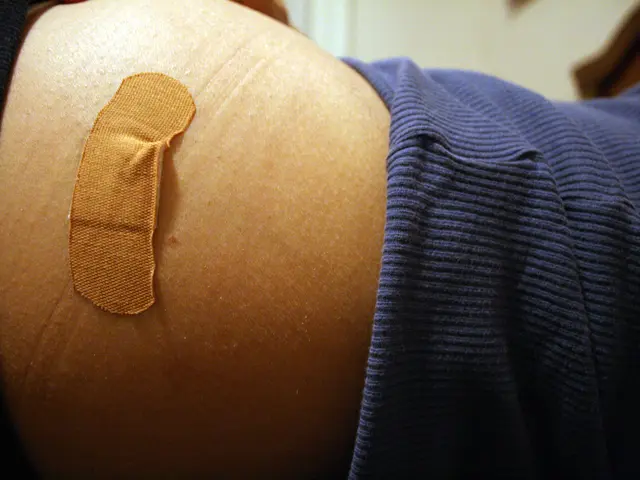Over one-third of European women struggle with menstrual insecurity, confirmed by research revealing that 42% have faced challenges in obtaining necessary feminine hygiene items over the past year.
European Women Struggle with Period Poverty, Study Reveals
According to a survey conducted by OpinionWay for the French association "Regles Elementaires," an astonishing 42% of European women have experienced period poverty within the last twelve months. The findings were unveiled on World Menstrual Hygiene Day.
The alarming statistics indicate that nearly half of the surveyed women had to forego essential daily necessities to afford period products or sacrificed those products due to financial constraints.
The "Regles Elementaires" association defines period poverty as the inability to access sufficient menstrual products, leading to emotional distress and ill health during menstruation. Roughly 50 million people in Europe are forced to resort to using inadequate products for menstruation, such as rags, toilet paper, or newspapers, which can cause severe health problems and long-term psychological effects, the association explains.
In France, 4 million women are impacted by period poverty. The association advocates for period products to be considered essential necessities rather than luxury items, lamenting that their prices are not capped, regulated, or reimbursed. Without immediate action, the association warns, the situation may worsen across the European Union.
The association recommends implementing precise mapping of period poverty within the EU to allow member states to respond appropriately and developing a holistic approach to menstrual health by integrating it as a separate axis of work for health and gender equality in the EU.
On Wednesday, May 28, the French government pledged to implement, before the end of the year, the reimbursement of reusable period products for women under 26 and those in precarious situations, a measure originally set for the end of 2023. This promise is a step towards addressing period poverty and ensuring access to menstrual hygiene products in Europe.
As efforts to address period poverty and improve menstrual health in Europe continue to evolve, one must acknowledge the importance of both legislative changes and community initiatives to ensure consistent access to menstrual hygiene products across all Member States. While there have been strides in reducing the financial burden of menstrual products in some countries, challenges persist, particularly for vulnerable groups such as low-income individuals, refugees, young people, and those with disabilities.
In light of the findings from the OpinionWay survey, it's evident that women's health and health-and-wellness, specifically women's health, is a significant concern in France, as 4 million women struggle with period poverty. The French government, however, has taken a step towards addressing this issue by promising to reimburse reusable period products for women under 26 and those in precarious situations, demonstrating an effort to integrate health and wellness products as essential necessities, not just luxury items.







